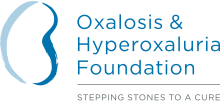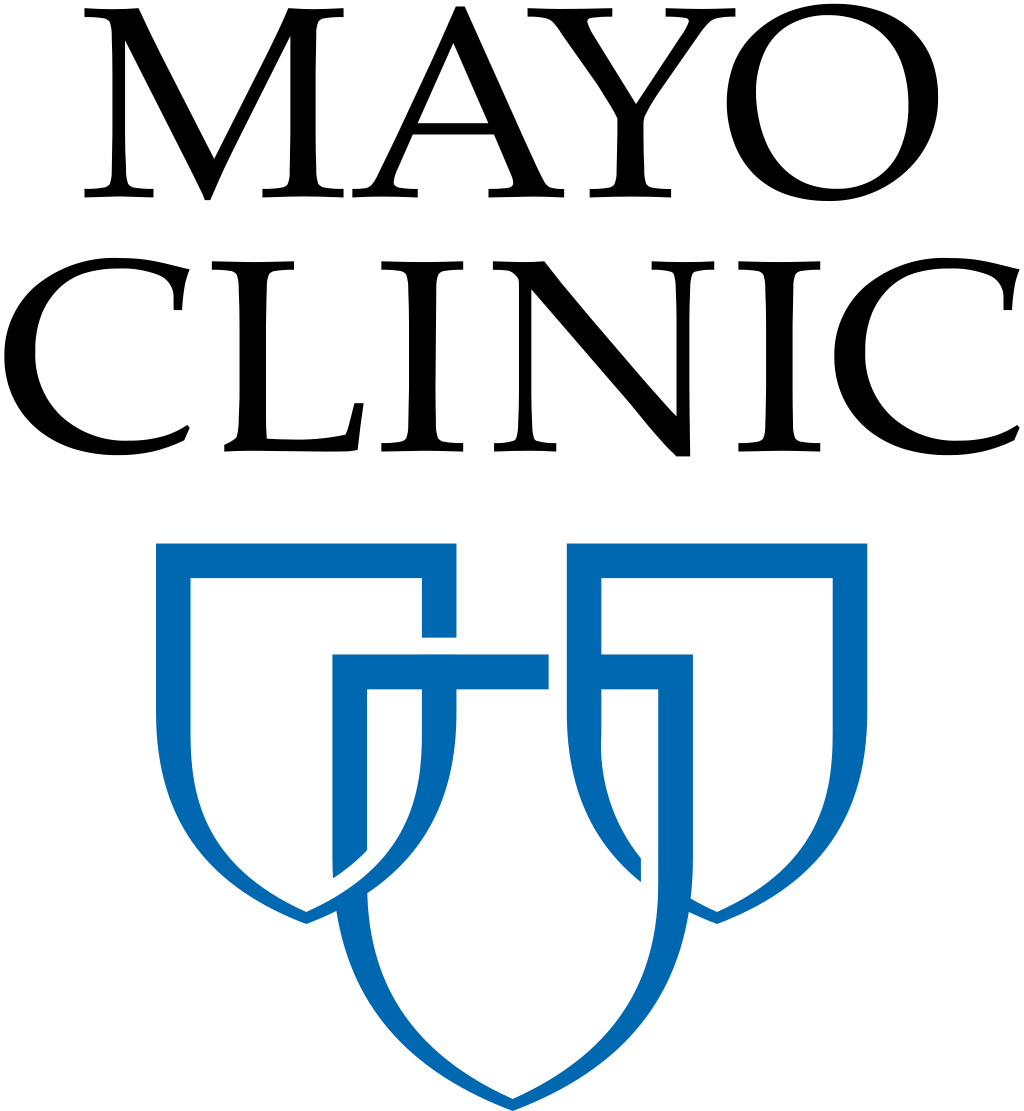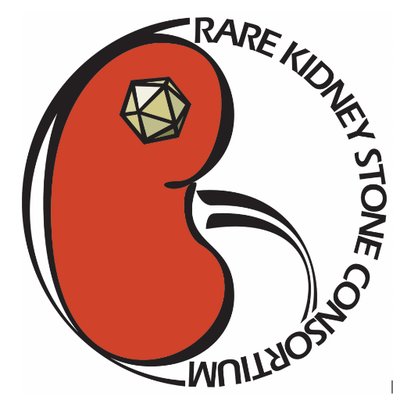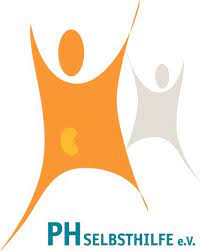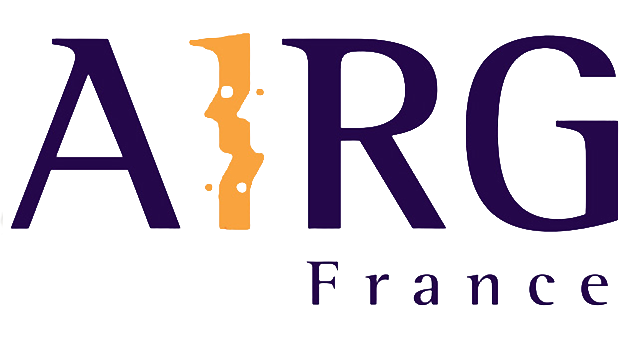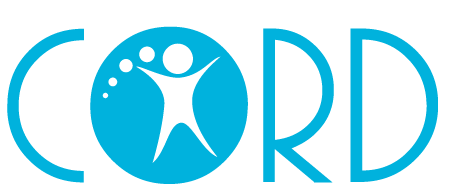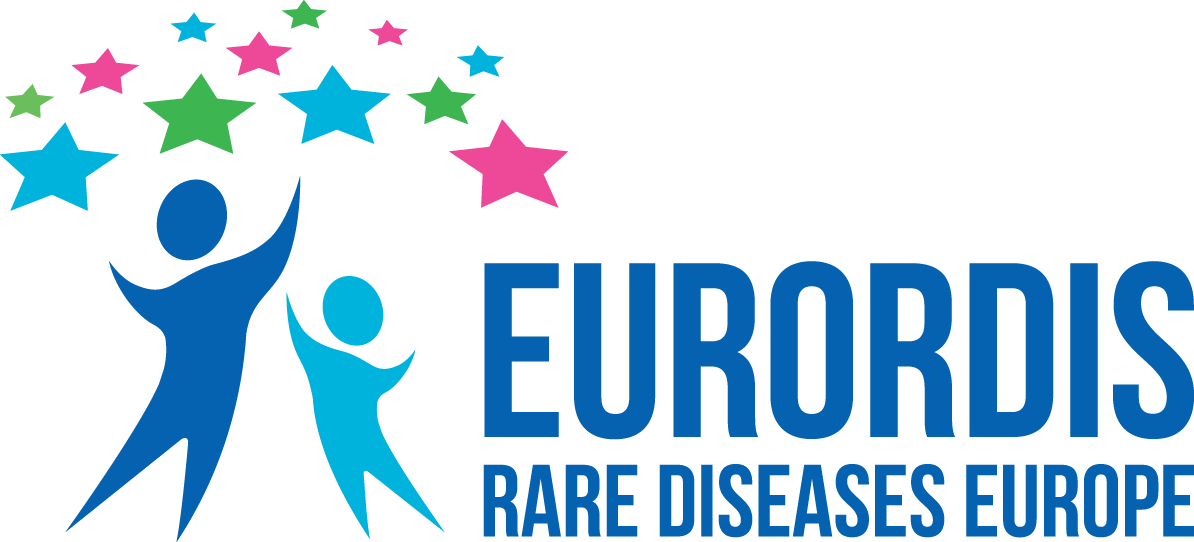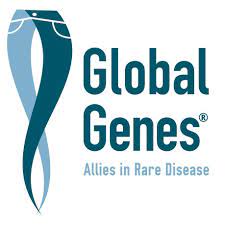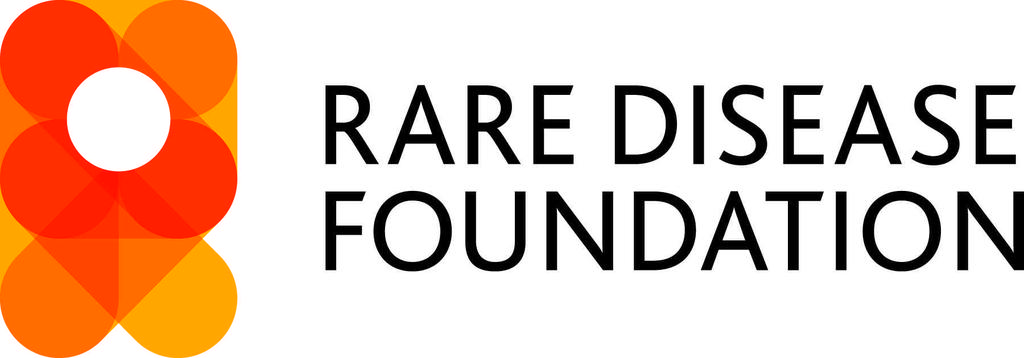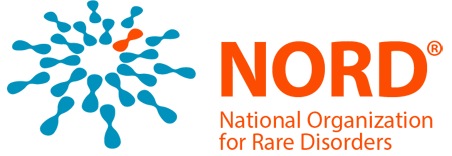Resources
If you or anyone you know has primary hyperoxaluria, there are many dedicated organizations, groups and other resources that foster education, support and research for these diseases.
Mayo Clinic Hyperoxaluria Center
“The Mayo Clinic Hyperoxaluria Center is a clinical care and research center staffed by physician scientists devoted to the study of primary hyperoxaluria. The goals of the center are to provide a resource for the diagnosis and care of patients with primary hyperoxaluria, to discover factors that predict or determine loss of kidney function in patients with primary hyperoxaluria and to develop effective treatments.”
Rare Kidney Stone Consortium
“The Rare Kidney Stone Consortium facilitates cooperative exchange of information and resources among investigators, clinicians, patients and researchers to improve care and outcomes for patients with rare stone diseases. The consortium promotes ready availability of diagnostic testing, pooling of clinical experiences and availability of tissue banks in order to advance the science.”
AIRG-France (French)
“The Association was created in 1988 under the leadership of Professor Jean-Pierre Grünfeld and Dr. Ginette Albouze, some patients, their families and doctors anxious to establish networks to exchange the medical knowledge of genetic kidney diseases. The mission of this organization is to inform constituents about kidney genetic diseases and their consequences on the body and the life of patients as well as on organ donation and kidney transplantation.”
Canadian Organization for Rare Disorders (CORD)
“CORD is Canada’s national network for organizations representing all those with rare disorders. CORD provides a strong common voice to advocate for health policy and a healthcare system that works for those with rare disorders. CORD works with governments, researchers, clinicians and industry to promote research, diagnosis, treatment and services for all rare disorders in Canada.”
Orphanet
“Orphanet is a unique resource, gathering and improving knowledge on rare diseases so as to improve the diagnosis, care and treatment of patients with rare diseases. Orphanet aims to provide high-quality information on rare diseases and ensure equal access to knowledge for all stakeholders. Orphanet also maintains the Orphanet rare disease nomenclature (ORPHAnumber), essential in improving the visibility of rare diseases in health and research information systems.”
Rare Disease Foundation (RDF)
“The Rare Disease Foundation’s mission is to connect and serve communities of patients, caregivers, health care providers, researchers & supporters to transform the lives of those living with rare disease. The Foundation is focused on linking basic science and clinical practice to increase the efficiency of rare disease research. This model is called Translational Care. This model drives patient based, treatment focused research projects from disease characterization to treatment with greater efficiency. By incorporating research, astute clinician observation and patient and family knowledge into the various stages of rare disease research we impact the speed of discovery and the way rare conditions are managed.”
National Organization for Rare Disorders (NORD)
“NORD, a 501(c)(3) organization, is a patient advocacy organization dedicated to individuals with rare diseases and the organizations that serve them. NORD, along with its more than 280 patient organization members, is committed to the identification, treatment, and cure of rare disorders through programs of education, advocacy, research, and patient services.”

